Carnival Shares Rise 7% on Strong Q2 Beat and Upgraded Full-Year Outlook
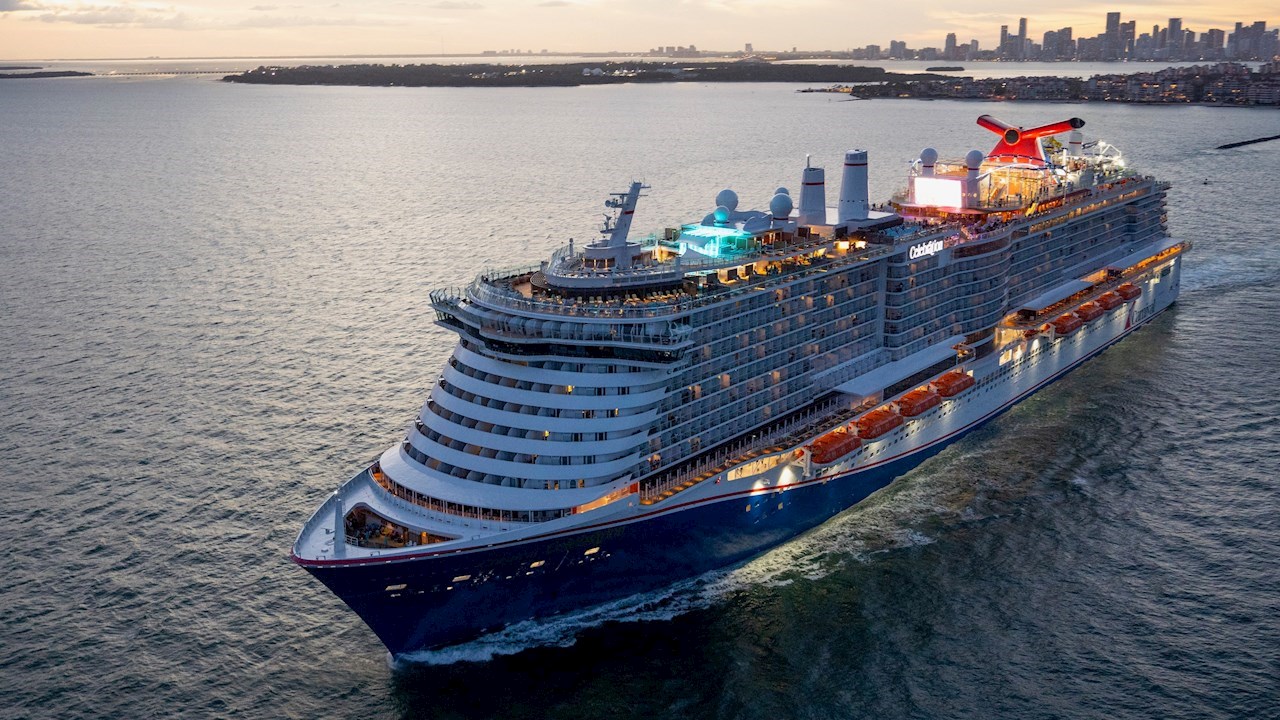
Carnival (NYSE:CCL) shares climbed more than 7% intra-day today after the cruise line delivered second-quarter results that outpaced expectations and raised its full-year guidance, signaling continued post-pandemic strength in the travel sector.
The company posted earnings per share of $0.35 for the quarter, beating analyst estimates by $0.24. Revenue reached $6.33 billion, surpassing consensus expectations of $6.21 billion and rising by nearly $550 million year-over-year.
Looking ahead, Carnival anticipates a 3.5% year-over-year increase in constant-currency net yields for Q3 2025, building on a strong 9% gain during the same period in 2024. For the full year, net yields are now expected to rise about 5% over 2024’s already impressive 11% growth—30 basis points higher than the company’s prior forecast from March.
The better-than-expected results and upward revisions to guidance reflect robust demand and improved pricing power, reinforcing investor confidence in Carnival’s recovery trajectory.
| Symbol | Price | %chg |
|---|---|---|
| 4661.T | 3571 | 0 |
| 7832.T | 4821 | 0 |
| 081660.KS | 38000 | 0 |
| 7309.T | 17470 | 0 |
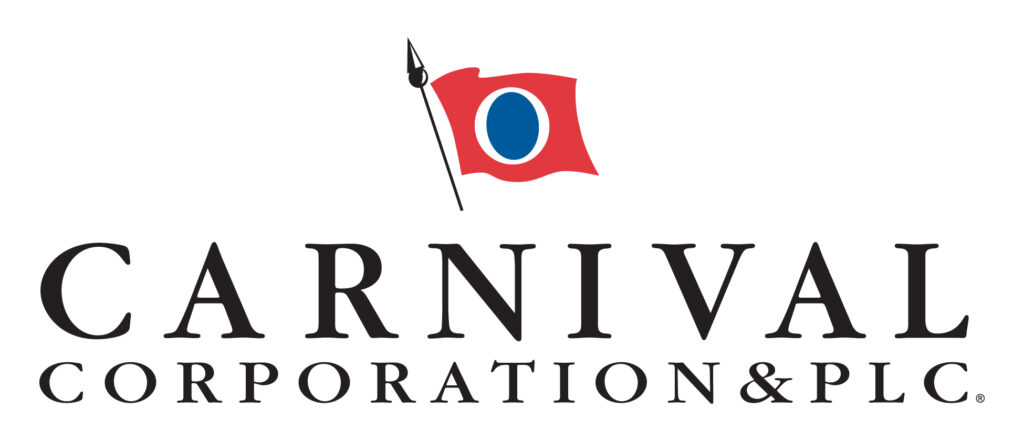
Carnival Corporation (NYSE:CCL) Stock Rating Upgraded by Susquehanna
- Susquehanna upgraded Carnival Corporation (NYSE:CCL) to Positive and increased the price target from $30 to $35.
- Carnival forecasts a strong financial performance with an adjusted net income of approximately $2.93 billion, surpassing analysts' expectations.
- The stock price reflects a decrease of 3.98%, with significant volatility observed over the past year.
Carnival Corporation (NYSE:CCL), a leading cruise operator known for its diverse fleet and global reach, received an upgrade on its stock rating to Positive by Susquehanna on September 30, 2025, maintaining a hold on the stock. At this time, the stock price was $29.40. Susquehanna also increased the price target from $30 to $35, as highlighted by TheFly.
Carnival has shown strong financial performance, increasing its full-year earnings forecast for the third consecutive quarter. The company now expects an adjusted net income of approximately $2.93 billion, up by $235 million from its June projection. This new forecast exceeds analysts' expectations of $2.76 billion, indicating strong forward bookings and improving net yields.
Despite the positive outlook, CCL's stock price is currently $29.40, reflecting a decrease of 3.98% with a change of $1.22. The stock has fluctuated today between a low of $28.82 and a high of $32.50. Over the past year, CCL has seen a high of $32.80 and a low of $15.07, showing significant volatility.
Carnival's market capitalization stands at approximately $38.45 billion, reflecting its substantial presence in the cruise industry. The trading volume for the day is 88.49 million shares, indicating active investor interest. As a major player in the cruise sector, Carnival competes with other operators like Royal Caribbean and Norwegian Cruise Line.
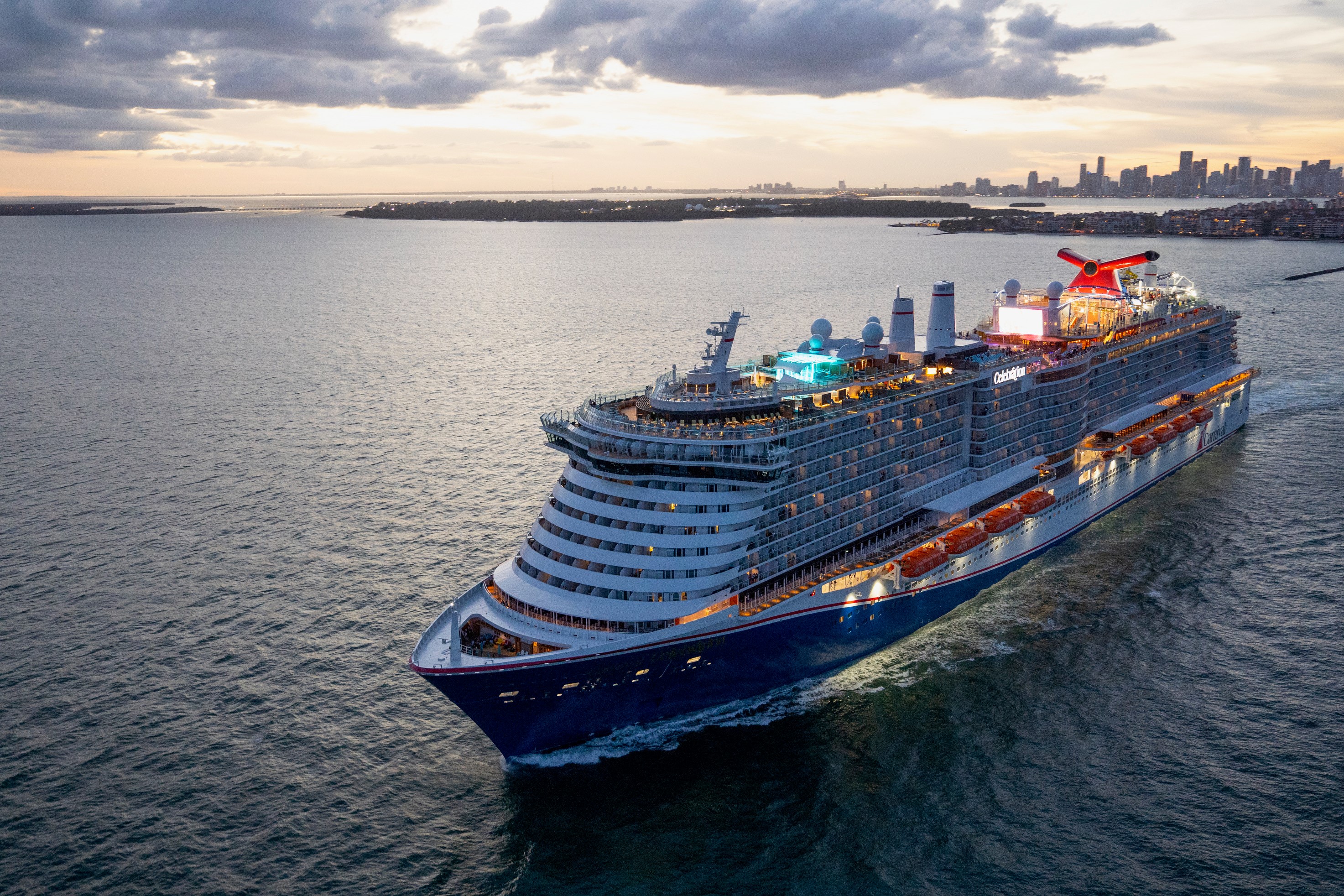
Carnival Corporation & plc (NYSE:CCL) Surpasses Earnings and Revenue Estimates
- Carnival Corporation & plc (NYSE:CCL) reported earnings per share of $1.43, beating estimates.
- The company's revenue reached approximately $8.15 billion, surpassing expectations.
- Carnival's stock has shown resilience, reflecting strong demand for cruise vacations and a recovery narrative despite high debt levels.
Carnival Corporation & plc (NYSE:CCL) is a leading player in the cruise industry, known for its extensive fleet and global reach. As the world's largest cruise operator, Carnival offers a variety of cruise experiences across different brands. The company competes with other major cruise lines like Royal Caribbean and Norwegian Cruise Line.
On September 29, 2025, Carnival reported earnings per share of $1.43, surpassing the estimated $1.32. The company also reported actual revenue of approximately $8.15 billion, exceeding the estimated $8.11 billion. This strong financial performance highlights Carnival's ability to capitalize on the robust demand for cruises, despite concerns about a potential slowdown in travel.
Carnival's stock has seen a significant recovery from its April lows, driven by strong demand for cruise vacations. The stock saw a slight increase of 0.57%, reflecting positive investor sentiment. This upward trend in Carnival's stock reflects the resilience of the cruise industry and the continued interest from travelers, as highlighted by the company's occupancy levels of 104%.
Despite ongoing concerns about its debt, Carnival's recovery narrative is compelling. The company is expected to benefit from lower interest rates, aiding in refinancing and reducing its pandemic-era debt. Carnival's debt-to-equity ratio is notably high at approximately 2.86, indicating a significant reliance on debt financing, but the company is focused on financial improvements.
Carnival's financial metrics provide insight into its market valuation. The price-to-earnings (P/E) ratio is approximately 15.53, and the price-to-sales ratio stands at about 1.49. The enterprise value to sales ratio is around 2.51, and the enterprise value to operating cash flow ratio is approximately 12.01. These figures suggest how the market values Carnival's earnings, revenue, and cash flow generation.
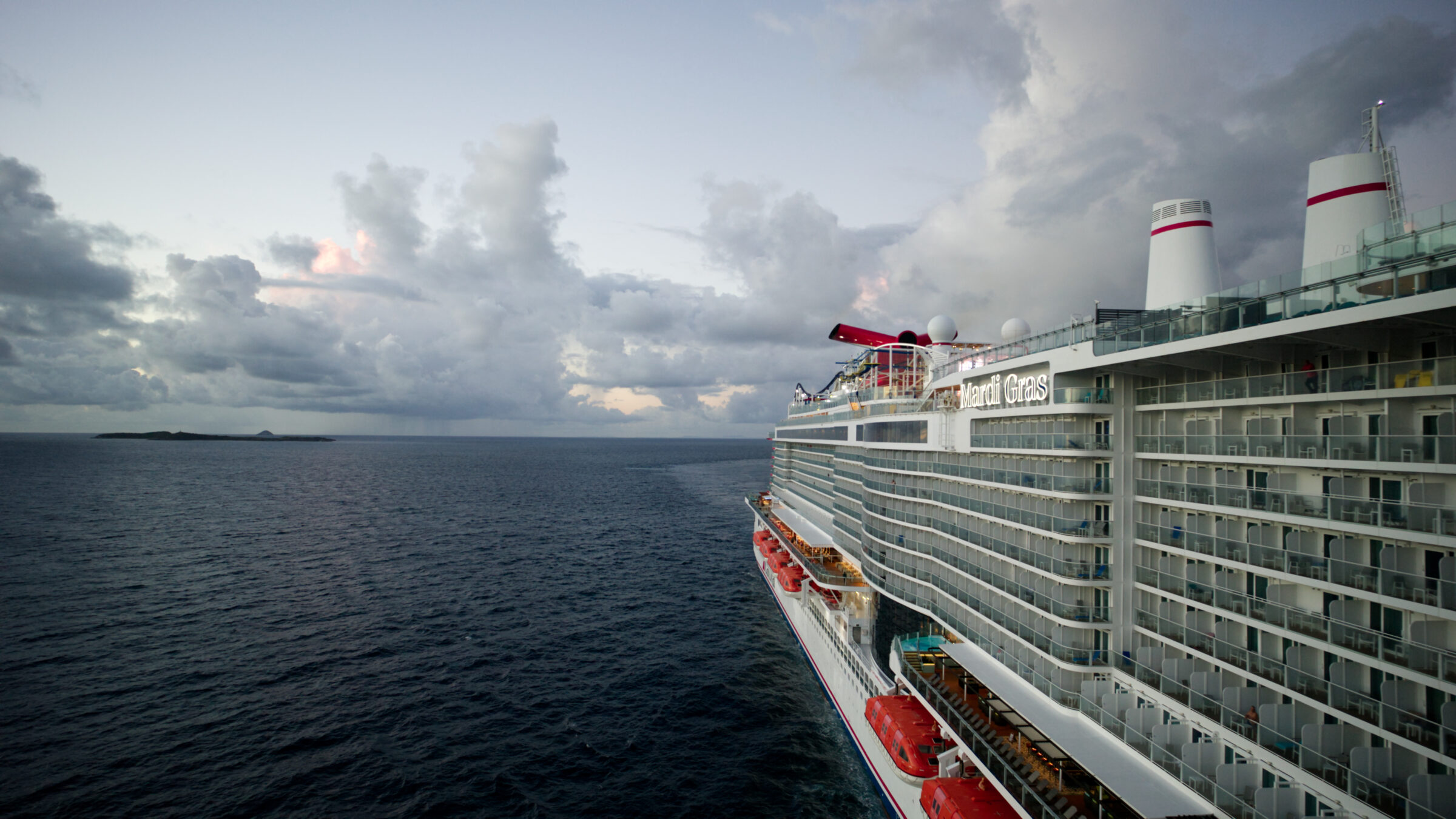
Carnival Corporation & plc (NYSE: CCL) Sees Rising Analyst Optimism Amid Industry Recovery
- The consensus price target for Carnival Corporation & plc (NYSE: CCL) has increased from $28.19 to $37.33, indicating growing analyst optimism.
- Factors contributing to the positive outlook include the recovery in the travel industry and operational improvements, despite challenges such as rising costs.
- Carnival's upcoming third-quarter earnings are anticipated to be mixed, with investors advised to watch for updates closely.
Carnival Corporation & plc (NYSE: CCL) is a major player in the leisure travel industry, known for its extensive fleet of cruise ships operating under various brand names. The company offers a wide range of travel experiences and services, making it a significant presence in the global market. As a leader in the cruise industry, Carnival competes with other major cruise lines like Royal Caribbean and Norwegian Cruise Line.
The consensus price target for Carnival has seen a notable increase over the past year. A year ago, the average price target was $28.19, which has risen to $37.33 in both the last month and the last quarter. This upward trend indicates growing optimism among analysts about Carnival's future prospects. However, it's important to note that analyst Stuart Gordon from Berenberg Bank has set a lower price target of $23, reflecting a more cautious outlook.
Several factors may have contributed to the increase in the consensus price target. The recovery in the travel industry, as global travel restrictions ease, is likely benefiting Carnival. The cruise line's summer quarter is typically its strongest, with expectations for earnings per share (EPS) of $1.32 and revenue reaching $8.1 billion. This rebound in demand and record deposits are positive signs for the company's outlook.
Operational improvements and strategic initiatives may also be influencing the positive analyst sentiment. Despite an elevated leverage ratio of 3.7 times net debt to EBITDA, Carnival has consistently surpassed earnings expectations. The introduction of new Sea Change targets could potentially lead to higher valuation multiples, further boosting analyst confidence in the company's future performance.
However, Carnival faces challenges as rising costs could impact its profit margins. The company is preparing to announce its third-quarter earnings results, which are anticipated to be mixed due to increased expenses associated with the opening of Celebration Key. Investors should closely monitor these developments and analyst updates to make informed decisions regarding Carnival's stock.
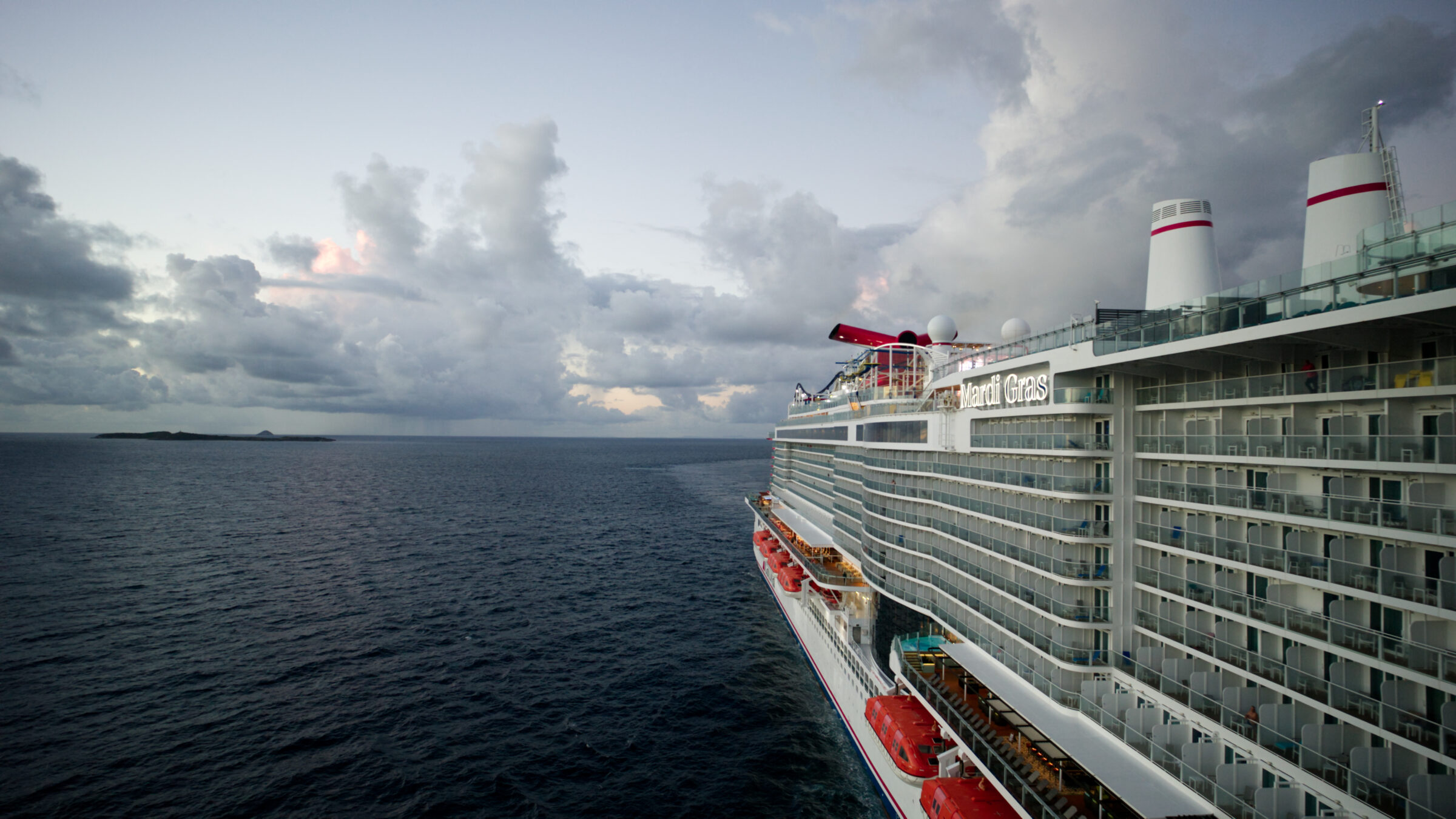
Carnival Corporation & plc (NYSE:CCL) Earnings Preview and Financial Analysis
- Earnings per Share (EPS) estimate of $1.31 with projected revenue of approximately $8.09 billion.
- Stock has surged about 216% over the past three years but remains 57% below its all-time highs from 2018.
- Key financial ratios such as a price-to-earnings (P/E) ratio of approximately 15.96 and a debt-to-equity ratio of approximately 2.86.
Carnival Corporation & plc (NYSE:CCL), a major player in the cruise industry, is gearing up to release its quarterly earnings on September 29, 2025. Wall Street analysts have set an earnings per share (EPS) estimate of $1.31, with projected revenue of approximately $8.09 billion.
Carnival's stock has demonstrated a remarkable recovery, surging about 216% over the past three years. Despite this impressive growth, it remains 57% below its all-time highs from 2018, largely due to its ongoing efforts to manage a substantial debt of $27 billion. The company's recent upward movement in shares, as highlighted by its perceived undervaluation, suggests potential for further growth, especially with several catalysts expected in the next 6 to 12 months.
The company's financial metrics provide insight into its current market position. With a price-to-earnings (P/E) ratio of approximately 15.96 and a price-to-sales ratio of about 1.53, the market's valuation of Carnival's sales is evident. The enterprise value to sales ratio stands at around 2.55, reflecting the company's total valuation in relation to its sales, while the enterprise value to operating cash flow ratio is approximately 12.21, indicating cash flow efficiency.
Carnival's debt-to-equity ratio of approximately 2.86 highlights its financial leverage, while a current ratio of around 0.34 indicates its ability to cover short-term liabilities with short-term assets. The company's earnings yield of about 6.27% offers a perspective on the return on investment. Investors are keenly watching the upcoming earnings report, as a positive surprise could boost the stock price, while a shortfall might lead to a decline.
The management's discussion during the earnings call will be crucial in assessing the sustainability of any immediate price changes and future earnings projections. With declining interest rates alleviating some concerns about its high debt levels, the main question remains whether the strong demand for Carnival's services will persist long enough for the company to reduce its debt to a more manageable level.
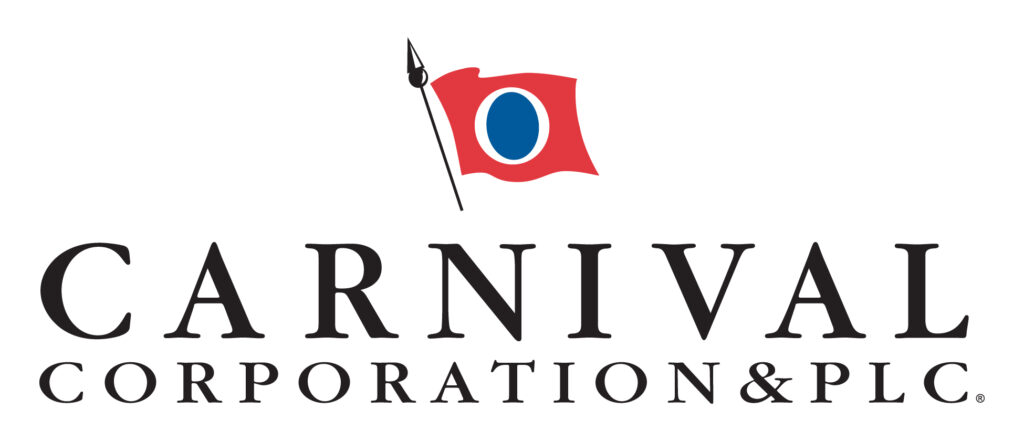
Carnival Corporation's (NYSE: CCL) Impressive Earnings Beat and Financial Performance
- Carnival Corporation (NYSE:CCL) reported earnings per share (EPS) of $0.35, surpassing estimates and marking a 45.83% positive surprise.
- The company's revenue reached approximately $6.33 billion, exceeding expectations and showing a 9% increase year-over-year.
- Carnival achieved its 2026 financial targets 18 months ahead of schedule, with a notable 9% surge in its stock price.
Carnival Corporation (NYSE:CCL) is a major player in the leisure and recreation services industry, primarily known for its cruise line operations. The company operates a fleet of ships under various brand names, offering vacation experiences across the globe. Carnival competes with other cruise giants like Norwegian Cruise Line Holdings and Royal Caribbean Group.
On June 24, 2025, Carnival reported earnings per share (EPS) of $0.35, surpassing the estimated $0.24. This performance marked a 45.83% positive surprise compared to the Zacks Consensus Estimate of $0.24 per share. The company also reported a revenue of approximately $6.33 billion, exceeding the estimated $6.21 billion, and showing a more than 9% increase year-over-year.
Carnival's strong financial results were driven by a 3% increase in passengers, reaching 3.4 million, and reduced costs. The company achieved its 2026 financial targets 18 months ahead of schedule, despite a challenging macroeconomic and geopolitical environment. This success led to a 9% surge in Carnival's stock price, making it one of the top performers in the S&P 500.
The positive news from Carnival also benefited its competitors, with shares of Norwegian Cruise Line Holdings and Royal Caribbean Group seeing gains. Carnival's adjusted return on invested capital and adjusted EBITDA per available lower berth day reached their highest levels in nearly two decades, highlighting the company's operational efficiency.
Carnival's financial metrics reveal a price-to-earnings (P/E) ratio of approximately 16.59, indicating the market's valuation of its earnings. The company's price-to-sales ratio stands at about 1.33, while its enterprise value to sales ratio is 2.41. However, the debt-to-equity ratio is notably high at 3.09, suggesting a significant reliance on debt financing.
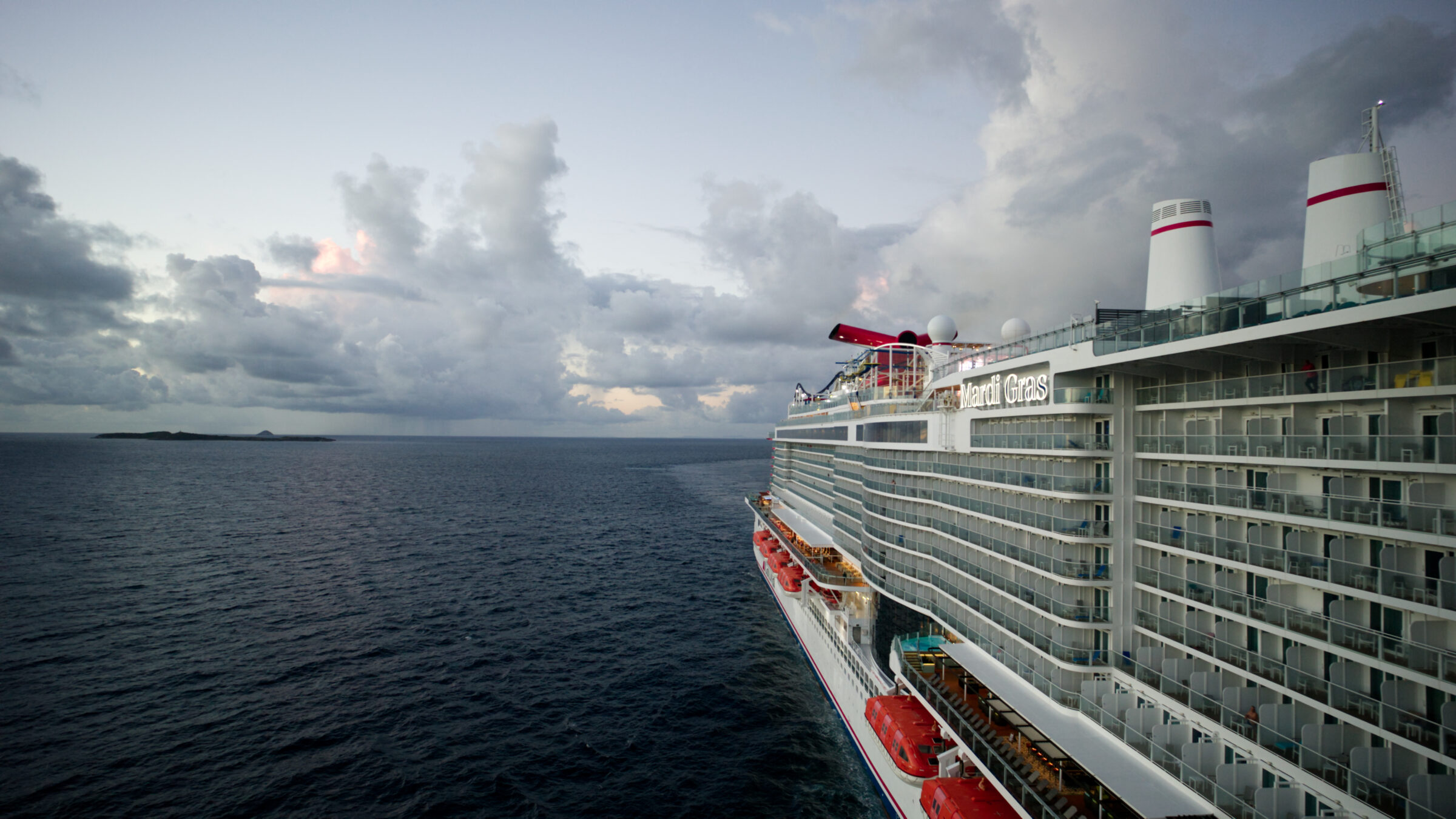
Carnival Corporation & plc (NYSE:CCL) Stock Analysis: A Deep Dive into the Leisure Travel Giant's Prospects
- Analysts' price target for Carnival Corporation & plc (NYSE:CCL) has seen fluctuations, with a current average of $27.33, indicating a modest decline in optimism but an overall positive sentiment compared to last year.
- Anticipated earnings growth is expected, with forecasts of $0.24 per share for the upcoming earnings report, a significant increase from the previous year.
- The company has been upgraded to a Zacks Rank #2 (Buy), reflecting increased optimism about its earnings potential and improved financial health.
Carnival Corporation & plc (NYSE:CCL) is a major player in the leisure travel industry, operating a diverse fleet of cruise ships under various brand names. The company offers a wide range of travel experiences and services worldwide. As a leader in the cruise industry, Carnival competes with other major cruise lines like Royal Caribbean and Norwegian Cruise Line.
The consensus price target for Carnival's stock has seen fluctuations over the past year. Last month, the average price target was $27.33, reflecting analysts' expectations for the stock's near-term performance. This is a slight decrease from the previous quarter's target of $28.50, indicating a modest decline in analysts' optimism. However, compared to last year's target of $23.60, there is a notable increase, suggesting improved sentiment towards the company's prospects.
Recent news and developments provide context for these price target changes. Carnival is set to release its earnings report, with analysts forecasting earnings of $0.24 per share, a significant increase from $0.11 per share in the same quarter last year. This anticipated growth in earnings could positively impact the stock's movement, as highlighted by Berenberg Bank analyst Stuart Gordon, who has set a price target of $23 for CCL.
The cruise industry is recovering from the COVID-19 pandemic, with increased discretionary spending on travel and leisure activities. This trend could positively impact Carnival's earnings, as noted by Marley Kayden. Despite geopolitical risks in the Middle East, Carnival's strategic focus on the Caribbean and Northern Europe helps minimize exposure to these conflicts. However, rising oil prices remain a significant risk factor for the company.
Carnival has received an upgrade to a Zacks Rank #2 (Buy), indicating increased optimism regarding its earnings potential. The company's management has raised its net yield and EBITDA guidance compared to peers, and its leverage ratios are improving. These factors contribute to a positive outlook for Carnival, with a minimum price target set at $27 per share, as highlighted by analysts.







